|
LISTEN TO THIS THE AFRICANA VOICE ARTICLE NOW
Getting your Trinity Audio player ready...
|
Wednesday, January 15, 2025, Daniel Francisco Chapo was sworn in as Mozambique’s president in a subdued ceremony in Maputo, overshadowed by political tensions, an opposition boycott, and violent protests. Chapo, 47, succeeded Filipe Nyusi after the Frelimo party extended its near half-century grip on power with Chapo securing 65% of the vote in October’s contested election.
The ceremony, held at Independence Square, was heavily guarded, and most of Maputo’s streets were eerily empty as businesses closed in response to opposition-led calls for a national strike. The boycott and protests were fueled by allegations of electoral fraud from Chapo’s closest rival, Venâncio Mondlane, who secured 24% of the vote. Mondlane denounced the results as stolen and accused the ruling party of undermining democracy.
While Chapo promised to unite the country and combat corruption in his inaugural address, the backdrop of unrest painted a grim picture of Mozambique’s fragile democracy. Over 300 people have died in post-election violence, and eight more were killed on the day of the inauguration as police clashed with demonstrators, according to Plataforma Decide, a local election observer group.
The protests were largely led by supporters of Mondlane, a former pastor turned independent presidential candidate. Mondlane has become a vocal critic of the ruling Frelimo party, which he accuses of perpetuating corruption and nepotism. His call for a strike and continued defiance of Chapo’s presidency resonate with many Mozambicans disillusioned by years of economic stagnation and alleged mismanagement.
“Chapo represents illegitimate power gained through a fraudulent process,” said Mirna Chitsungo, a prominent civil society activist. Despite this, Chitsungo acknowledged Chapo’s reputation as a patient and consensus-driven leader, expressing hope that he might engage with opposition voices to restore some measure of stability.
Chapo’s challenge is monumental. Mozambique faces deep-seated corruption, economic instability, and rising public dissent. Critics argue that the nation’s governance is plagued by entrenched cartels controlling everything from sugar to medicine. “If Chapo truly wants change, he must dismantle these cartels and empower institutions to function independently,” said investigative journalist Luis Nhanchote.
Born in 1977 in Sofala province during Mozambique’s civil war, Chapo’s early life was marked by displacement and hardship. After completing a law degree and a master’s in development management, he rose through the ranks of Frelimo, serving as a provincial governor and later as the party’s general secretary. Known for his humility and work ethic, Chapo’s leadership style contrasts sharply with his predecessor’s, offering hope for a more collaborative approach to governance.
Despite his promises of reform, Chapo faces skepticism even among those who admire him. Analysts highlight the importance of systemic change, including overhauling key institutions like the police force, which has been accused of human rights abuses during protests.
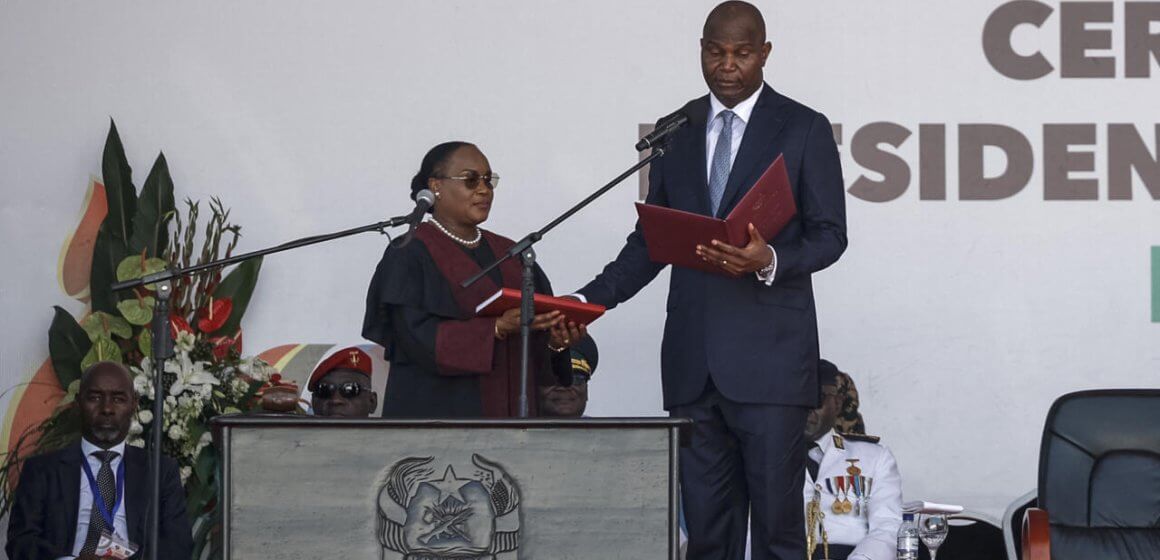



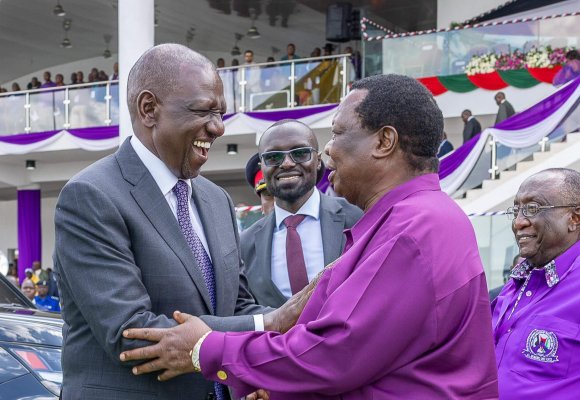
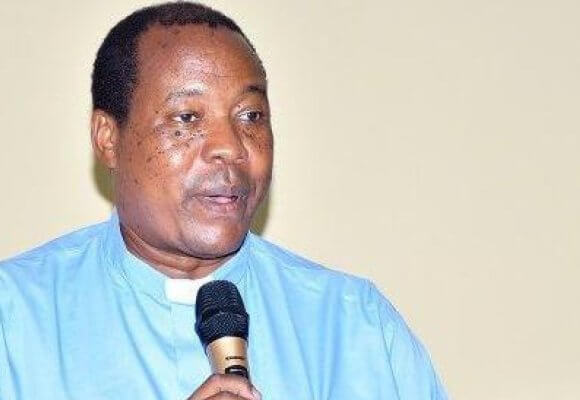
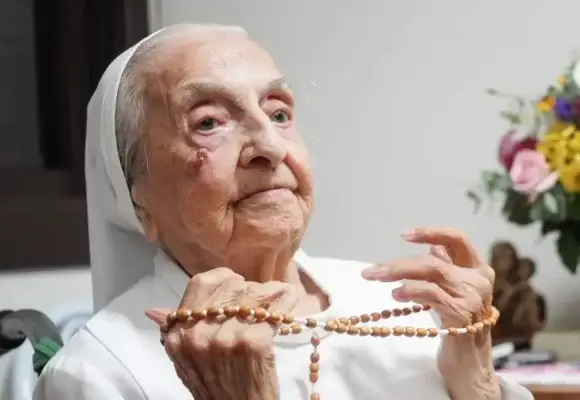



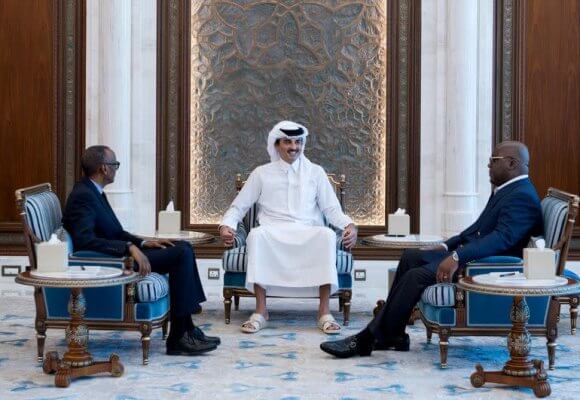
LEAVE A COMMENT
You must be logged in to post a comment.